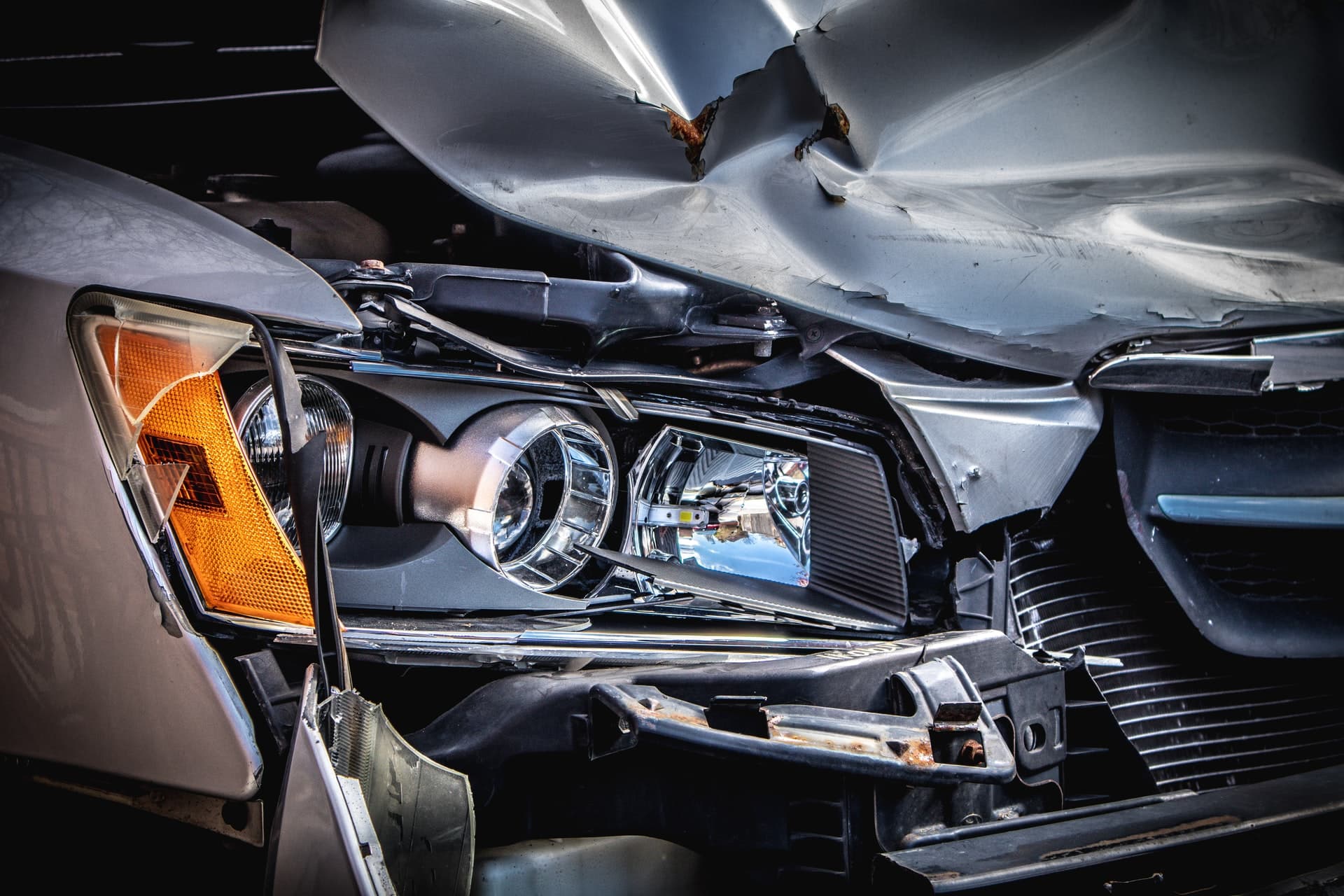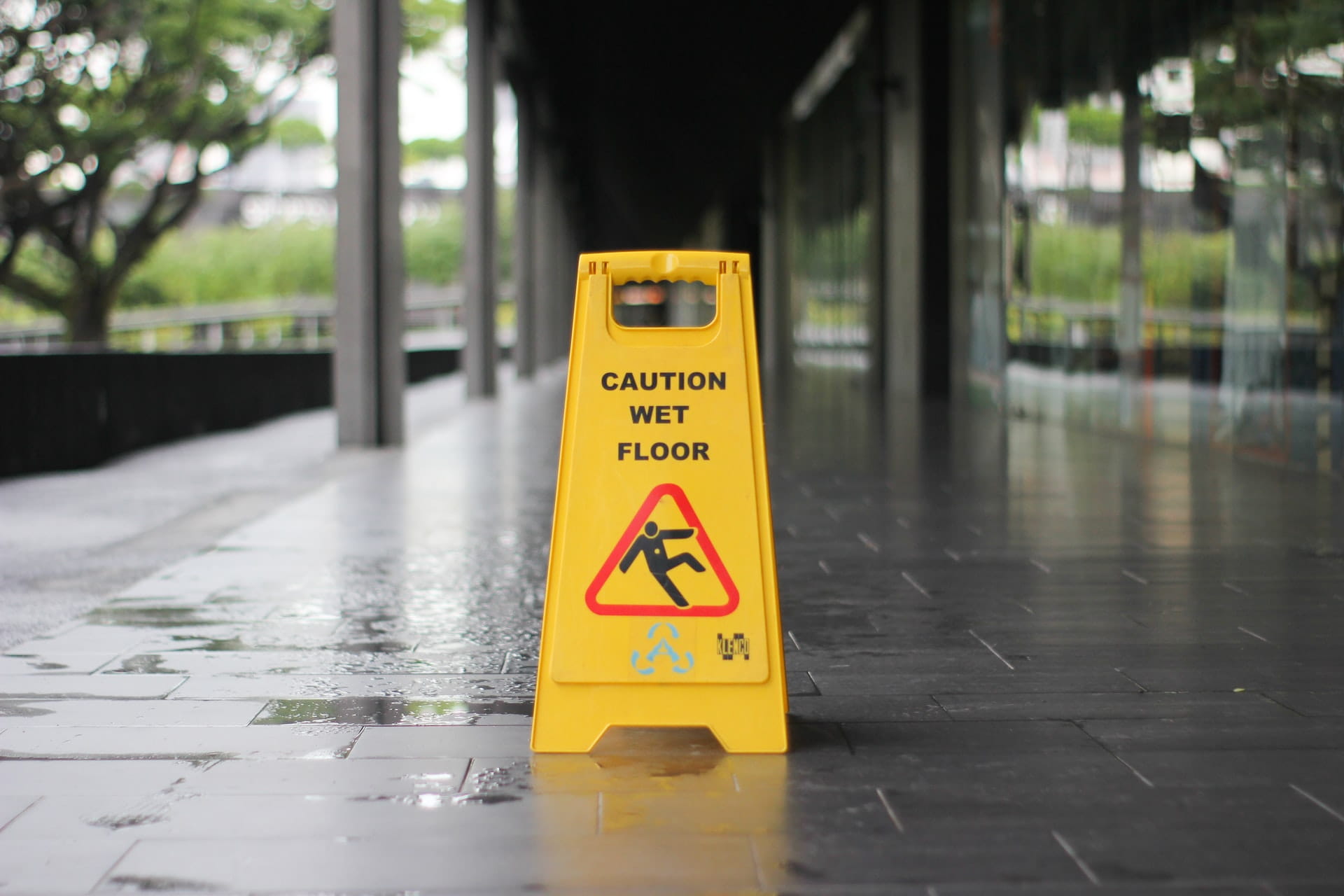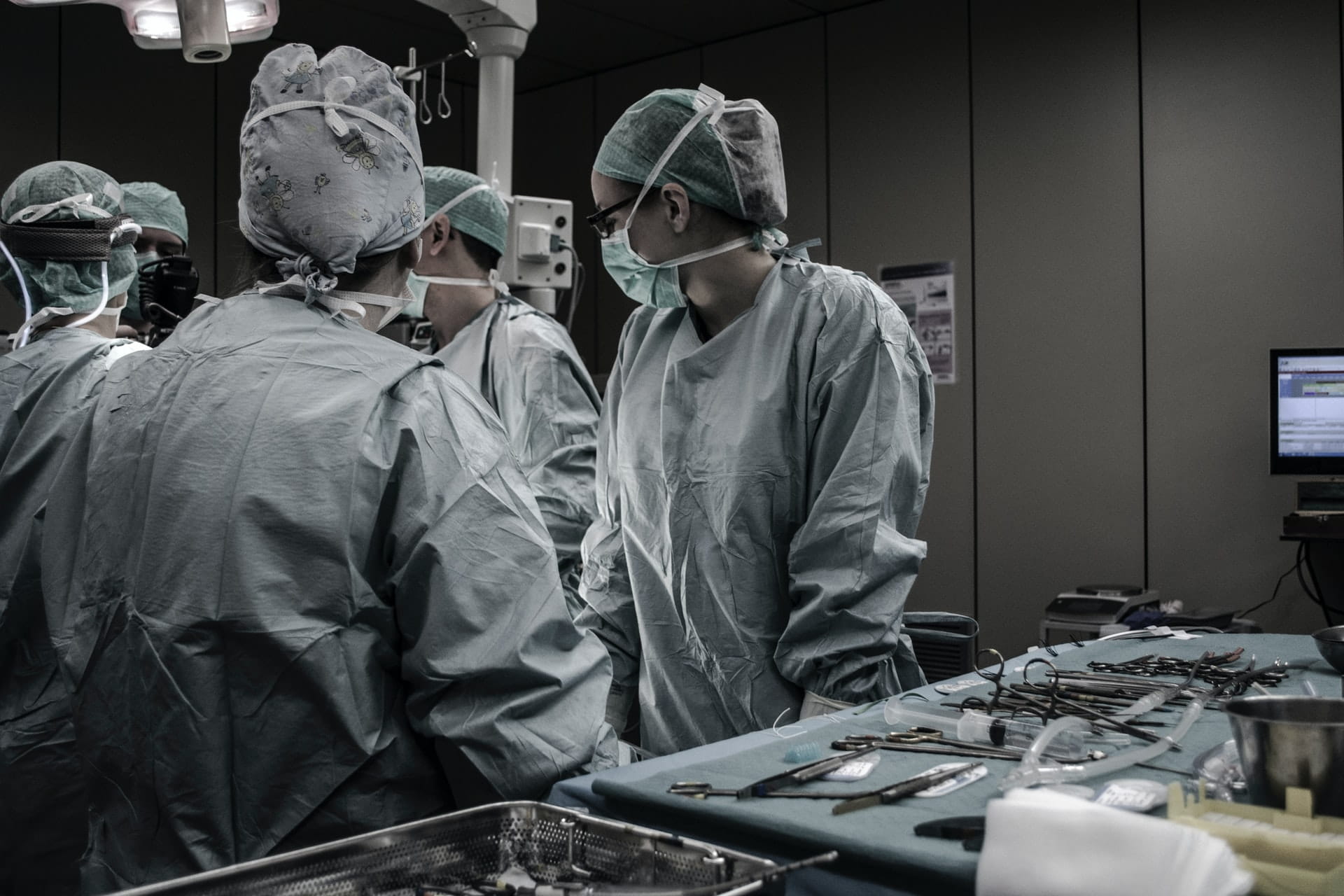Slip and Fall or Trip and Fall
An injury that occurs on the property of another person, business, or government entity is known as a premises liability case. These types of cases involve the use, ownership, possession, or control over real property such as a house, office building, store, parking lot, or other space. All property owners, renters, or maintainers owe other individuals a duty to keep their premises in a reasonably safe condition free from foreseeable harm. When a person is injured on the property of another due to a dangerous, hazardous, or otherwise defective condition, it could give raise to liability.
The most common types of premises liability cases are slip and falls or trip and falls. Some of the most common examples of defective or dangerous conditions on the property of another include the following:
- Spilled products on the floor
- Broken stairs or treads
- Tracked in rain in a store or office
- Leaky AC units or refrigeration units
- Broken curbs, sidewalks, tiles, or other walkways
- Inadequate lighting
- Broken handrails or no handrails on stairs
- Uneven flooring or cracks in the flooring
- Holes in the ground or defects on the flooring
- Garbage or debris on the floor
- Improperly stacking boxes or pallets in a store
- Loose materials, product, or other materials on a store floor
- Unswept or uncleaned floors
- Excessive use of wax or soap on the floor
- Bunched up mats or carpets, and
- Other serious defects that could cause a slip, trip, and fall in Florida
If you or a loved one were caused to slip, trip, and fall on the property of another, please call our Tampa personal injury lawyer to learn what rights you may have. Even if you think that it may have been your fault, Florida law allows you to recover compensation in most instances.
Medical Malpractice
Although we trust healthcare providers to heal us, according to a study at Johns Hopkins Medicine, preventable medical errors are the third leading cause of death in the United States behind only heart disease and cancer. This is a shocking and troubling study demonstrating how severe the risk for medical malpractice can be for victims and their families.
A healthcare provider may be liable for medical malpractice when he or she fails to exercise the care and skill necessary to treat a patient that a reasonably prudent healthcare provider in similar circumstances and with similar training, skill, and education would have. This is known as the “standard of care.” A healthcare provider who fails to act like a reasonably prudent healthcare provider is said to have deviated from the acceptable standard of care. This can create liability for the healthcare provider and his or her employer.
Nearly any type of healthcare provider could be liable for medical malpractice in Florida. This includes doctors, nurses, physician assistants, nurse practitioners, CRNAs, anesthesiologists, hospitals, practice groups, urgent cares, or any other healthcare provider or business. Most medical malpractice cases involve multiple defendants.
There are many different types of medical malpractice cases, including some of the following:
- Surgical errors
- Anesthesia mishaps
- Failure to diagnose cancer
- Medication errors
- Failure to diagnose a stroke
- Hospital falls
- Failure to diagnose a heart attack
- Misreading imaging studies or test results
- Wrong patient surgery
- Wrong site surgery
- Communication errors
- Overdoses
- Failure to diagnose a condition
- Sepsis issues
- Emergency room delays
- Unnecessary amputations, and
- Many other common causes
If you believe that your treatment did not satisfy the standard of care, ask our Tampa personal injury lawyer for a FREE case evaluation to learn what your rights to compensation may be under Florida law.





